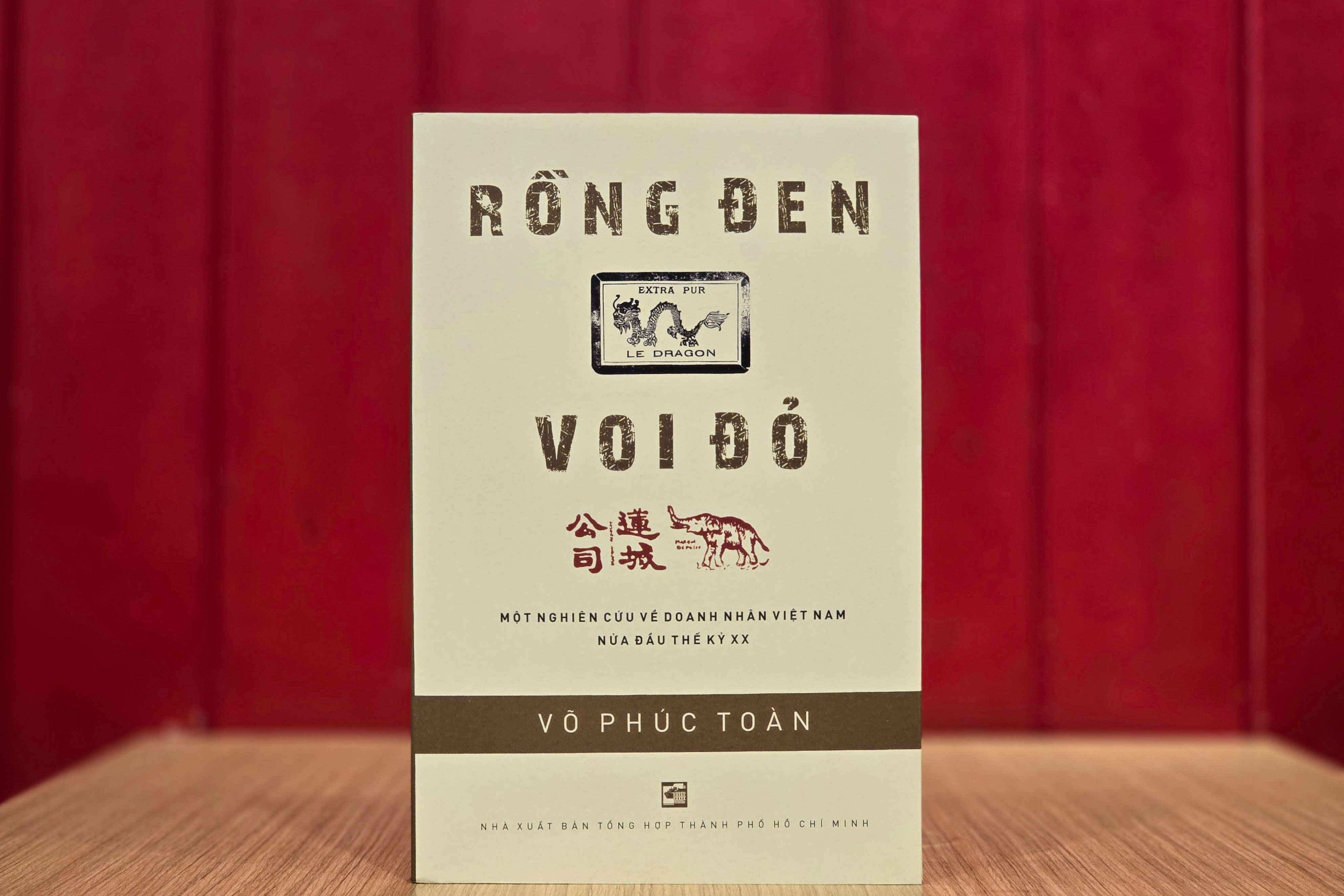 |
| Cover of the book Black Dragon - Red Elephant: A study of Vietnamese entrepreneurs in the first half of the 20th century. |
This is a meticulous and meaningful research work, not only depicting the historical picture of Vietnamese businesses and entrepreneurs more than 100 years ago, but also clearly showing the social life of our country during the French colonial period - a very special chapter of Vietnamese history. Deep in each page of the book, readers can recognize the cultural identity of the Vietnamese people and to this day, that source is still being continued and passed on to generations of entrepreneurs and businesses.
National cultural soul
Leaving the first impression on readers when skimming through the title, or holding the book in their hands, surely everyone is attracted by the phrase Black Dragon - Red Elephant. Dragon and elephant are inherently two unique and familiar cultural symbols of the Vietnamese people from thousands of years ago and in this case, "Black Dragon" is the symbol of Marseille soap products (France) of Nguyen Hao Vinh Company and "Red Elephant" is the symbol of Lien Thanh Company.
Sharing about the idea of the very evocative and impressive title above, Master Vo Phuc Toan said: The dragon is the king of heaven, the elephant is the king of earth - 2 familiar symbols in the spiritual life of Vietnamese people have become famous brands in the marketplace, representing the spirit and business will of businessmen in the colonial period.
“During the research process, I realized that the common point of these two brands is not only in business activities but also comes from the national spirit, taking the starting point as the patriotic movement of our ancestors from the 20th century. Besides, although in colonial conditions, these companies began to focus on branding - something very new and a step forward in the business activities of Vietnamese people at that time" - author Vo Phuc Toan said.
In addition to the introduction, preface, biographical introduction about “entrepreneurs”, conclusion…, this work has two main parts: Vietnamese entrepreneurs in the economic arena in the first half of the 20th century and Imprints of modernization in economic activities, social and political activities of Vietnamese entrepreneurs. In part 1, the author presents the issue in a linear chronological manner, helping readers see the historical process of Vietnamese entrepreneurs. That is the Vietnamese industrial and commercial class before 1897 and the initial steps on the path of modern business (1897-1918); the ups and downs, efforts in the economic arena (1919-1945).
Obviously, with a coherent presentation in a linear timeline, as well as a specific and vivid representation of the world and domestic context at that time, the book has taken readers back in time to understand an overview of an important and turbulent historical section of our country, as well as the development process of the industrial and commercial community and businessmen more than a century ago.
“I believe that despite the different times, Vietnamese entrepreneurs with the same cultural roots will continue to develop economic thinking, business willpower, as well as the spirit of patriotism and service to society… that were nurtured from the very beginning, hundreds of years ago. I believe that historical lessons are always valuable for generations of entrepreneurs on the path of development.” Master VO PHUC TOAN |
Continuing the spirit of social service
Reading Black Dragon - Red Elephant: a study of Vietnamese businessmen in the first half of the 20th century, readers will be able to answer the questions: how did our ancestors start modern business, what difficulties did they face? The book provides explanatory information for readers from a cultural perspective: “One problem we can easily see is that Vietnamese men in the feudal period only focused on studying, agriculture or handicrafts, and paid very little attention to commerce. Their concerns about their careers followed the order of Confucian social hierarchy: scholar, farmer, worker, merchant. Trading seemed to be reserved for women in village markets, district markets, and riverside fishing ports…”.
In part 2 of the work, readers will have more information about a new class of businessmen doing business, the change in economic thinking of Vietnamese people: "From focusing only on the declining path of imperial examinations or purely on agriculture, young people are called to focus on the path of industry, commerce and technology".
“When switching to modern business trends, corporate forms, and joint stock companies, Vietnamese business people are required to be more professional in operating businesses, managing companies, familiarizing themselves with contracts, and operating according to the law, which is completely different from the risky oral contracts of the previous period,” said author Vo Phuc Toan.
The project provides information about typical businesses that overcame the difficulties of the colonial regime to continue to develop and expand their operations in the cultural, social, and political fields...
By applying many research methods: analysis, synthesis, comparison, contrast..., including comparison, contrast with the business culture of the Chinese, the French..., especially accessing very diverse and rich sources of documents at home and abroad, the project shows the strong transformation process of the socio-economy, as well as the maturity process of the business community and enterprises of our country in a very difficult historical situation as a colony. Thereby showing the mettle and patriotism of Vietnamese businessmen.
Author Vo Phuc Toan, Master of History, hometown Cu Chi commune, Ho Chi Minh City, is studying and working at the Faculty of History, University of Social Sciences and Humanities, Ho Chi Minh City National University. His main research direction is on Vietnamese economy and society during the colonial period.
“The generation of Vietnamese entrepreneurs not only do business but also participate in social activities, relief, scholarship, artistic activities… That is the spirit of social service of entrepreneurs that was formed right from the beginning, more than a century ago” - author Vo Phuc Toan emphasized.
“I am pleased that recently, many young people like to explore and discover many new things in each old history book, knowing how to venture into fields that were previously little interested. Their success sometimes also contributes significantly to changing the historical thinking of the country... With a youthful, but quite meticulous style of the author, the book has a significant attraction" - Associate Professor, Dr. Tran Thuan, University of Social Sciences and Humanities, Ho Chi Minh City National University shared in the book's introduction.
Lam Vien
Source: https://baodongnai.com.vn/dong-nai-cuoi-tuan/202511/suc-hut-cua-rong-en-voi-o-14717f4/






![[Photo] Action for the Community tells stories of enduring journeys – both intimate and great, yet quiet and determined](https://vphoto.vietnam.vn/thumb/1200x675/vietnam/resource/IMAGE/2025/11/15/1763179022035_ai-dai-dieu-5828-jpg.webp)





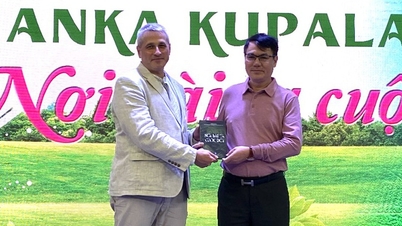


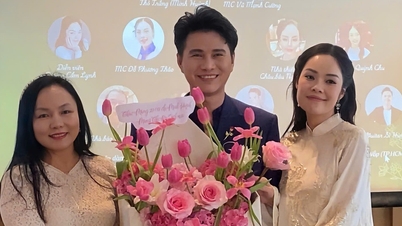
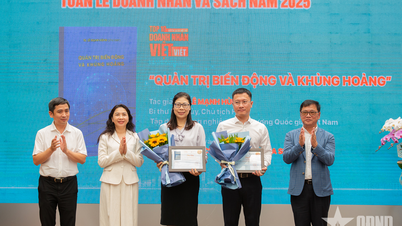

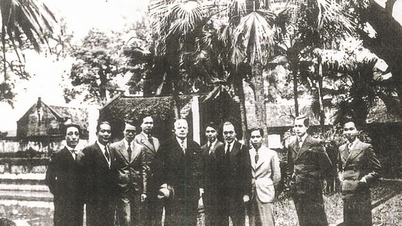

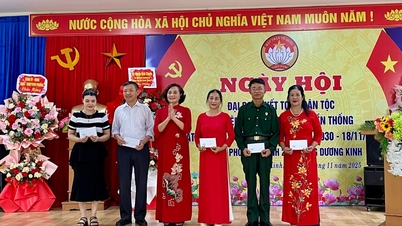





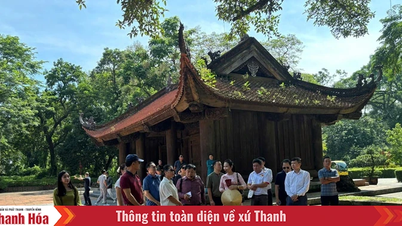

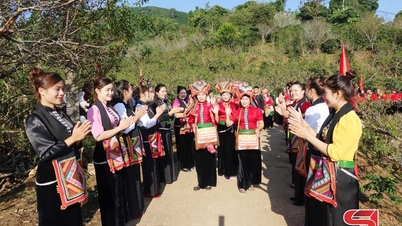







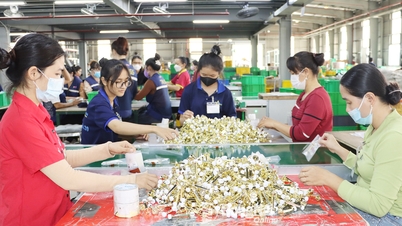
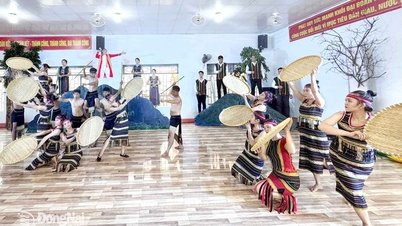
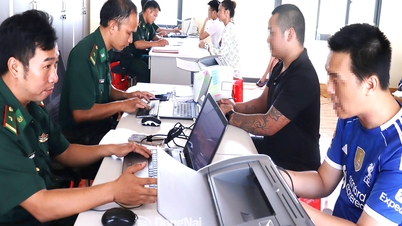










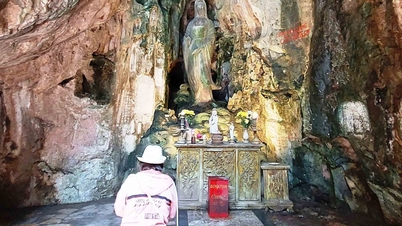
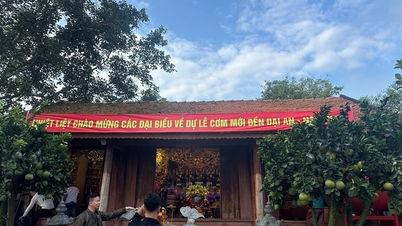






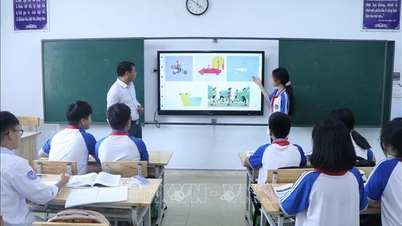

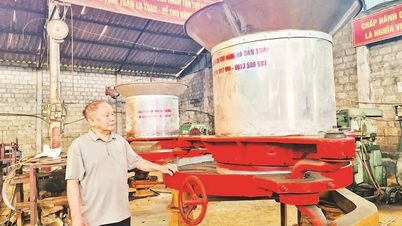

















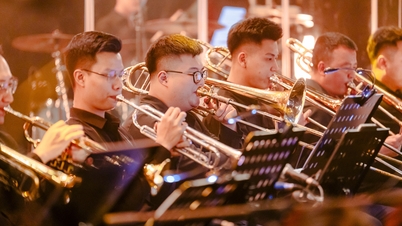
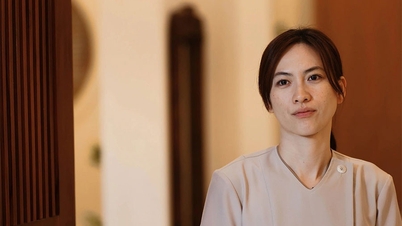

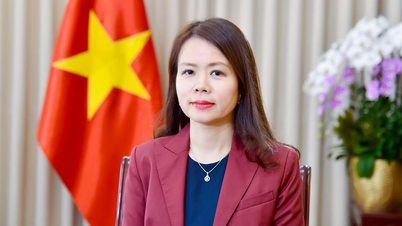




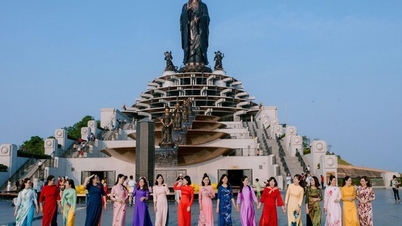
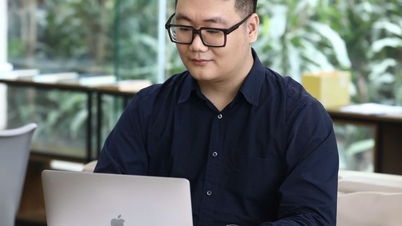

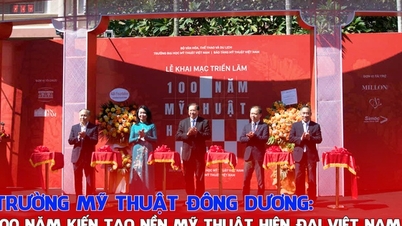


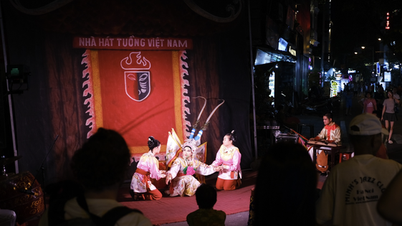


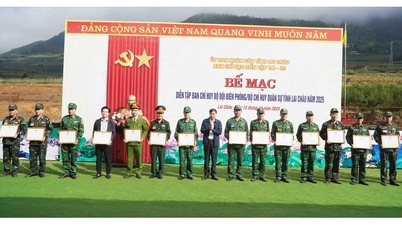
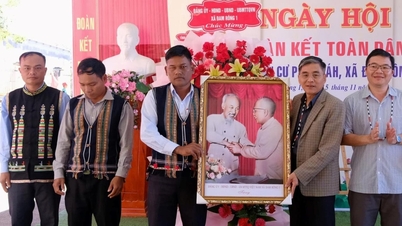

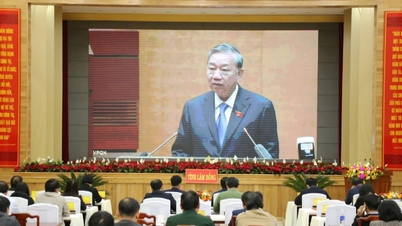
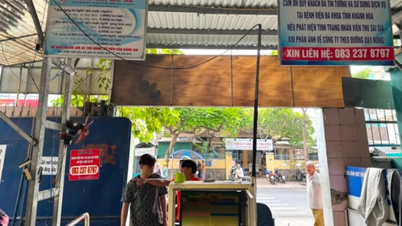












Comment (0)